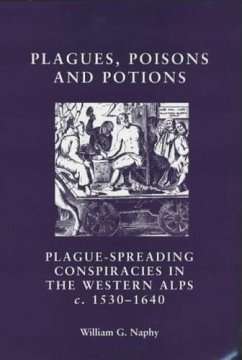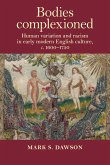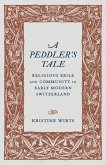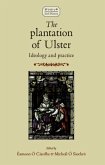Plagues, poisons and potions highlights one of the most fascinating aspects of the history of early modern plague. In the sixteenth and seventeenth centuries outbreaks of plague in and around the ancient Duchy of Savoy led to the arrests of many people who were accused of conspiring to spread the disease. Those implicated in the conspiracies were usually poor female migrants working in the plague hospitals under the direction of educated professional male barber-surgeons. These 'conspirators' were subsequently tried for spreading plague among leading and wealthy people from urban areas so that they could rob them while the afflicted homeowners were confined to their beds. In order to understand how this phenomenon developed and was regarded at the time, this study examines the courts, the judiciary and the part played by torture in the trials, which frequently concluded with the spectacular and gruesome execution of the suspects. The author goes on to consider the socio-economic conditions of the workers and in doing so highlights an early modern form of 'class warfare'. However, what makes this phenomenon especially interesting is that in an age dominated by superstition, religious strife and witch-hunts, the conspiracies were always given a moe rational explanation and motivation - profit. Both teachers and students of early modern history will be fascinated by this enlightening study into the fears of European society, the spread of the disease and the judicial procedures of the time.
Dieser Download kann aus rechtlichen Gründen nur mit Rechnungsadresse in A, D ausgeliefert werden.









